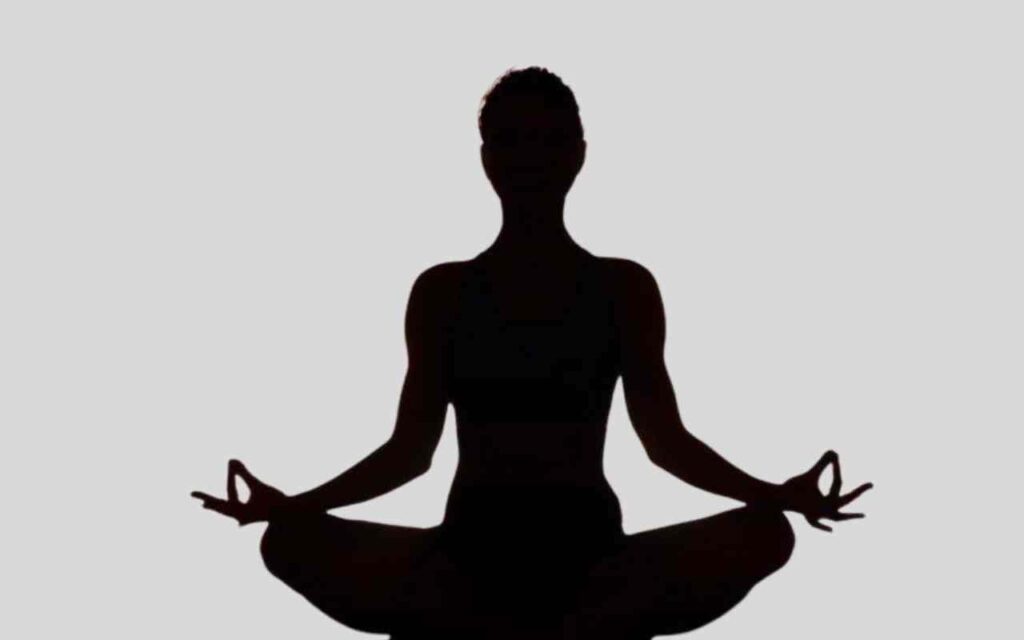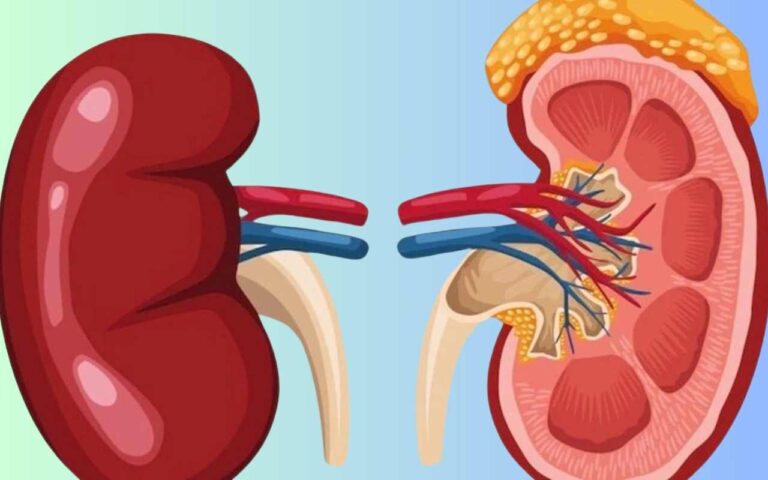Benefits of Yoga for Physical and Mental Health
Benefits of Yoga: An ancient practice with origins in India, has become a global phenomenon, embraced by people of all ages and backgrounds. It is more than just physical exercise; yoga encompasses a holistic approach to health and well-being, combining physical postures (asanas), breath control (pranayama), and meditation (dhyana). The benefits of yoga extend far beyond flexibility and strength. This article explores yoga’s multifaceted advantages for physical and mental health.(Benefits of Yoga)
Physical Health Benefits
Improved Flexibility and Strength (Physical Benefits of Yoga)
One of the most apparent benefits of yoga is improved flexibility. Regular practice helps stretch and lengthen muscles, increasing the range of motion in joints. This can be particularly beneficial for individuals with stiffness or joint pain. Alongside flexibility, yoga also builds strength. Many yoga poses require holding your body’s weight in new and challenging ways, such as balancing on one leg or supporting yourself with your arms.
Enhanced Respiratory Function
Pranayama, the practice of controlled breathing, is a core component of yoga. By focusing on deep, mindful breathing, yoga helps improve lung capacity and efficiency. This can lead to better oxygenation of the body and improved respiratory health. For individuals with asthma or other respiratory conditions, yoga can provide a non-pharmacological way to manage symptoms and improve overall lung function.
Better Posture and Alignment
Modern lifestyles often lead to poor posture, with many people spending hours hunched over computers or mobile devices. yoga helps counteract these effects by promoting better alignment of the spine and overall body posture. Yoga encourages a more upright and balanced posture through poses that strengthen the core and back muscles, reducing the risk of chronic pain and musculoskeletal issues. (yoga’s)
Cardiovascular Health
Yoga has been shown to have a positive impact on cardiovascular health. Regular practice can reduce blood pressure, lower cholesterol levels, and improve circulation. The combination of physical activity and relaxation techniques helps reduce stress, a major risk factor for heart disease. Studies have found that yoga can be as effective as other forms of exercise in improving heart health and reducing the risk of cardiovascular events.
Enhanced Digestive Health
Certain yoga poses are known to stimulate the digestive system, promoting better digestion and alleviating symptoms of gastrointestinal disorders. Twisting poses, in particular, are believed to massage the internal organs and improve the flow of digestive juices. Regular practice can help regulate bowel movements, reduce bloating, and alleviate irritable bowel syndrome (IBS) conditions.
Weight Management
Yoga can be an effective tool for weight management. While it may not burn as many calories as high-intensity cardio workouts, yoga promotes a healthy relationship with the body and encourages mindful eating habits. Additionally, the physical activity involved in yoga can help tone muscles and increase metabolic rate. For those looking to lose weight or maintain a healthy weight, incorporating yoga into their routine can be a valuable component of their fitness plan.

Mental Health Benefits (Benefits of Yoga)
Stress Reduction
One of the most well-documented benefits of yoga is its ability to reduce stress. The practice encourages relaxation and mindfulness, helping individuals disconnect from the pressures of daily life. The combination of deep breathing, physical movement, and meditation activates the parasympathetic nervous system, promoting a state of calm and relaxation. This can lead to lower levels of the stress hormone cortisol and an overall sense of well-being.
Anxiety and Depression Relief
Yoga is effective in managing symptoms of anxiety and depression. The meditative aspect of yoga helps quiet the mind and reduce negative thought patterns. Physical movement and breath control also play a role in regulating the nervous system and balancing mood. Studies have shown that regular yoga practice can lead to significant reductions in symptoms of anxiety and depression, offering a complementary approach to traditional therapies.
Improved Focus and Concentration
Yoga enhances mental clarity and concentration. The practice requires focus and mindfulness, which can translate into better cognitive function in daily life. Meditation and breath control techniques help calm the mind and improve attention span. This can be particularly beneficial for individuals with attention deficit disorders or those who struggle with maintaining focus in a fast-paced, technology-driven world.
Enhanced Sleep Quality
Poor sleep is a common issue in today’s society, often linked to stress and anxiety. Yoga can help improve sleep quality by promoting relaxation and reducing stress levels. Certain poses and breathing techniques are specifically designed to prepare the body and mind for rest. Regular yoga practice has been associated with improved sleep patterns, increased duration of sleep, and better overall sleep quality.
Emotional Regulation
Yoga encourages emotional regulation by fostering a deeper connection between the mind and body. Through mindfulness and self-awareness, individuals can become more attuned to their emotions and learn to respond to them in a balanced and healthy way. This can lead to greater emotional stability, resilience, and overall mental well-being.
Strength Training for Beginners: Tips and Techniques
Increased Self-Awareness and Self-Esteem
Yoga promotes self-awareness and self-acceptance. By focusing on the present moment and tuning into the body’s sensations, individuals can develop a greater understanding of themselves. This self-awareness can lead to increased self-esteem and a more positive self-image. Yoga encourages a non-judgmental attitude towards oneself, fostering a sense of inner peace and self-compassion.
Integrating Yoga into Daily Life (Benefits of Yoga)
Incorporating yoga into daily life doesn’t require extensive time or resources. Here are some practical tips for getting started:
Start Small
Begin with short sessions and gradually increase the duration as you become more comfortable with the practice. Even a few minutes of yoga each day can make a significant difference.
Find a Suitable Style
There are various styles of yoga, each with its focus and intensity. Hatha yoga, for example, is gentle and suitable for beginners, while Vinyasa or Power yoga is more dynamic and physically demanding. Choose a style that aligns with your goals and fitness level.
Create a Comfortable Space
Designate a quiet and comfortable space in your home for yoga practice. Ensure that it is free from distractions and has enough room for you to move freely.
Use Online Resources
Some numerous online platforms and apps offer guided yoga sessions for all levels. These can be particularly helpful for beginners who may not have access to in-person classes.
Listen to Your Body
Yoga is about honoring your body and its limitations. Avoid pushing yourself too hard and listen to your body’s signals. If a pose feels uncomfortable or painful, modify it or skip it altogether.
Combine with Other Activities
Yoga can complement other forms of exercise and activities. Consider integrating yoga into your existing fitness routine or using it as a way to relax and unwind after a busy day. (Benefits of Yoga)
Conclusion
The Benefits of Yoga for physical and mental health are vast and well-supported by scientific research. From improving flexibility and strength to reducing stress and enhancing emotional well-being, yoga offers a holistic approach to health that can be easily integrated into daily life. Whether you are a seasoned practitioner or a complete beginner, the practice of yoga can provide a path to greater physical vitality and mental clarity, contributing to a healthier and more balanced life.








One Comment